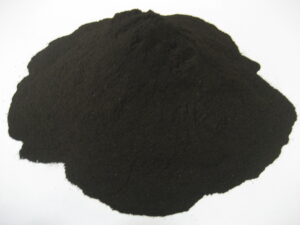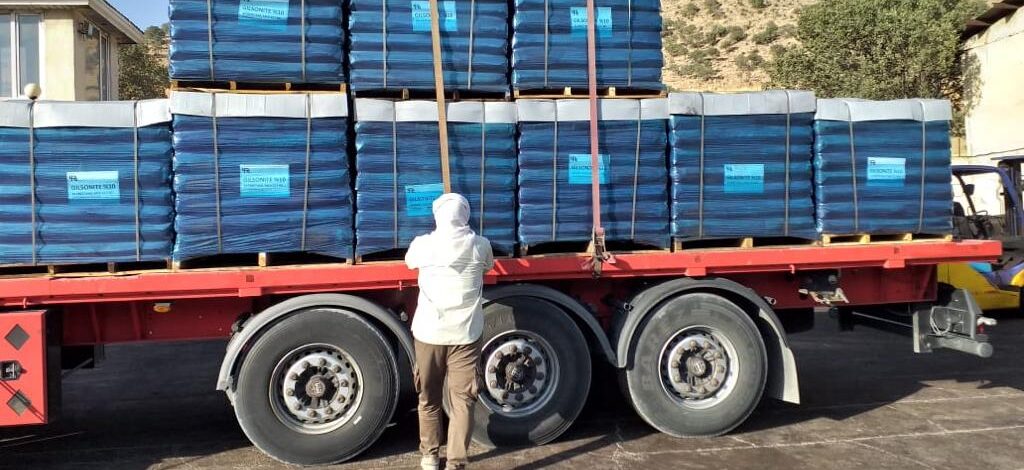A Comprehensive Guide
What is Gilsonite?
Gilsonite, or asphalt or uintaite, is a natural bitumen primarily used in oil drilling, ink production, and paint manufacturing. This black, shiny substance is prized for its unique properties, including high solubility in aromatic and aliphatic solvents, excellent adhesive quality, and thermal stability. Understanding the process is crucial for success if you are considering importing gilsonite.

Why Import Gilsonite?
High Demand Across Various Industries
Gilsonite is a versatile material used in numerous industries. Whether it’s to improve the durability of asphalt in road construction, as a stabilizer in drilling muds for the oil and gas industry, or as a binder in printing inks, gilsonite’s unique characteristics make it highly sought-after worldwide. Importing gilsonite can be profitable if you’re targeting industries that rely on these specific applications.
https://iranmineral.net/gilsonite-import-to-india/
Steps to Import Gilsonite
1. Research Gilsonite Exporters and Markets
The first step in importing gilsonite is identifying reliable suppliers from countries that have natural gilsonite reserves. The largest deposits are found in the U.S. (mainly in Utah), but countries like Iran and Turkey also have notable production.
Things to Consider When Choosing a Supplier:
- Supplier reputation: Make sure they have a strong track record of delivering high-quality material.
- Gilsonite grade: Depending on your industry, different grades of gilsonite may be required (e.g., resinous gilsonite for ink production vs. hard gilsonite for asphalt).
- Certifications: Ensure the supplier meets international safety and quality standards.
2. Understand Import Regulations and Tariffs
Each country has specific import regulations that you must adhere to when bringing in gilsonite. Import duties, taxes, and trade agreements will impact your total cost. For example, the Harmonized Tariff Schedule (HTS) categorizes gilsonite under code 2714, which will help determine import duties and taxes applicable in your country.
Key Regulatory Steps:
- Obtain an Import License: Many countries require a business to have an import license before bringing in materials like gilsonite.
- Customs Clearance: Engage a customs broker to facilitate a smooth customs clearance process.
- Compliance with Environmental Standards: Since gilsonite is a naturally occurring substance, some countries may have environmental regulations that must be adhered to for its safe import.
3. Manage the Logistics
After understanding the regulations, the next step is organizing the logistics of importing gilsonite. This includes shipping, handling, and ensuring proper storage during transportation.
Considerations for Shipping:
- Shipping Method: Gilsonite is typically shipped in bulk, either in drums or bags, depending on the amount. Bulk carriers and shipping containers are commonly used.
- Insurance: Protect your shipment by obtaining insurance for possible damages or delays during transit.
- Freight Forwarders: Hire a reputable freight forwarding company to manage the complex logistics of international shipping and help with paperwork.
Tips for a Smooth Gilsonite Import Process
1. Plan for Delays
International trade often encounters delays due to shipping, customs, or unforeseen logistical issues. To mitigate risks, always build a buffer into your timeline.
2. Build Relationships with Suppliers
Strong relationships with suppliers and logistics providers can streamline communication and ensure a more reliable supply chain. Regular contact and clear agreements about quality and shipping terms will prevent misunderstandings.
3. Stay Informed About Market Prices
The price of gilsonite can fluctuate depending on factors such as global demand and transportation costs. Keep a close eye on market trends to ensure you’re making well-timed purchasing decisions.

